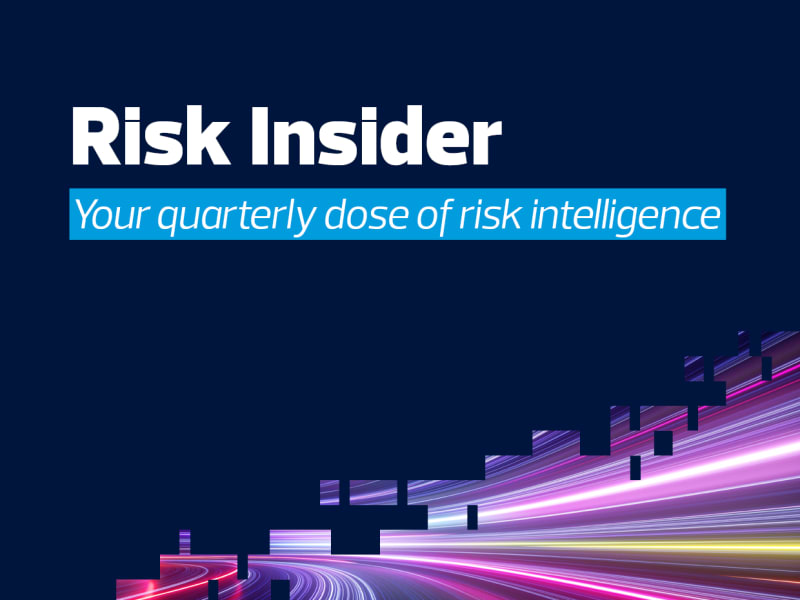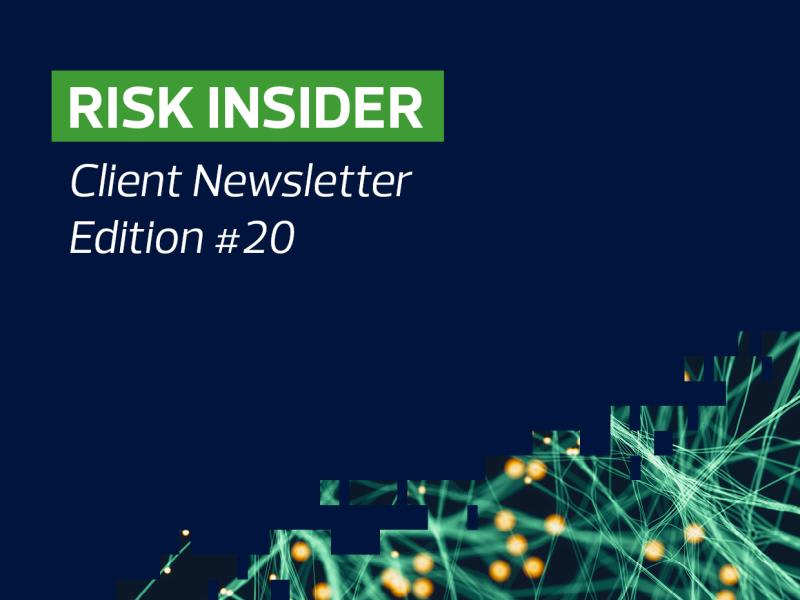30 November 2023
ESG in business is changing what it means to be successful and that means your business needs to change too. But creating an ESG business strategy is no easy task, especially as it’s a complicated and evolving concept. What is clear is that having an ESG strategy is fast becoming an imperative for all stakeholders. The definition of a stakeholder has also expanded to cover prospective employees, existing workforces and clients, so organisations must meet the expectations of each group when it comes to doing the right thing and conducting business the right way. There is also several existing ESG compliance and reporting requirements that businesses need to be aware of along with complicated ESG regulation – but this is a fluid and complex area. ESG comes with complex challenges, but it also comes with a wealth of opportunities. Organisations that respond to the ESG changes early stand ready to benefit from the new forces shaping decision making.
- Data generation
- Code generation
- Text generation
- Image generation
- Video generation
- Audio generation
- Model generation
- Avatar generation

Warmest regards,
Jean-Marc
![]()
ARTICLES AND INSIGHTS
AI governance: Is governing us any different?
As artificial intelligence (AI) becomes more prominent in every aspect of our lives, organisations face the challenges of ethical, legal and social implications.
Continue reading >>

How to lay the foundations for ESG and reap the benefits
If you are a small or medium-sized business, you might be familiar with ‘ESG’ (environmental, social and governance) and think: How can I add that to my already busy agenda?

Driving better outcomes in childcare with unified data
Running a childcare centre or out-of-school care service? Make sure you are harnessing the full potential of your data.
Continue reading >>

Trust in the digital age: Lessons from Bank of Baroda
Trust is a precious asset for any organisation in the digital age. Maintaining customer confidence has been a key challenge in the finance sector.

As health spending skyrockets, hospitals must look for new paths to financial sustainability
As global health spending grows faster than the economy, hospitals in Australia, both public and private, must seek new solutions to remain financially viable.
Continue reading >>

Enhancing National Security: The Crucial Role of Program and Project Management in Defence
The world is changing fast, with new threats, technologies and geopolitical shifts. Our security and defence systems need to keep up with these changes.
Continue reading >>

Cyber still a key issue for SMEs
With increased cyber breaches, it is important for small businesses to take cyber security seriously and not put it in the “too-hard basket”.
Continue reading >>
![]()
EVENTS AND SPONSORSHIPS

Fraud and Corruption Control | Webinar
RSM hosted a webinar in line with International Fraud Awareness Week, a global initiative dedicated to combatting fraud, raising awareness, and fostering a culture of integrity and transparency.

RSM Australia - Exclusive ACFE Authorised Trainer for the CFE Exam Review Course in Australia | 2024
Prepare yourself for the CFE exam in 2024 with the skills and knowledge you need to succeed. 2024 Registrations are now open!

SOPAC 20234
3-4 MARCH | Sydney
Connect with IIA-Australia and other internal auditors face-to-face at the International Convention Centre Sydney or online at next year's SOPAC conference.
GOVERNMENT CASE STUDIES
RSM Australia recently published three case studies that showcase our expertise and experience in assisting government organisations with fraud and corruption issues. These case studies demonstrate how we deliver peace of mind, value and insights to our clients in the public sector.
Forensic investigation for a government organisation in the education sector
Fraud and corruption control for NSW State Government
Fraud and corruption control for Australian Commonwealth corporate entity
CYBER SECURITY CASE STUDY

Notre Dame University
A national Catholic university with campuses in Western Australia and New South Wales. As a leading provider of higher education, the university needed a strong and proactive cyber security strategy to deal with various cyber threats and challenges. That's why Notre Dame partnered with RSM, a leading provider of risk services, cyber security and privacy services, IT consulting and operational support.
![]()
Want to keep reading? View the past editions of Risk Insider here >>





